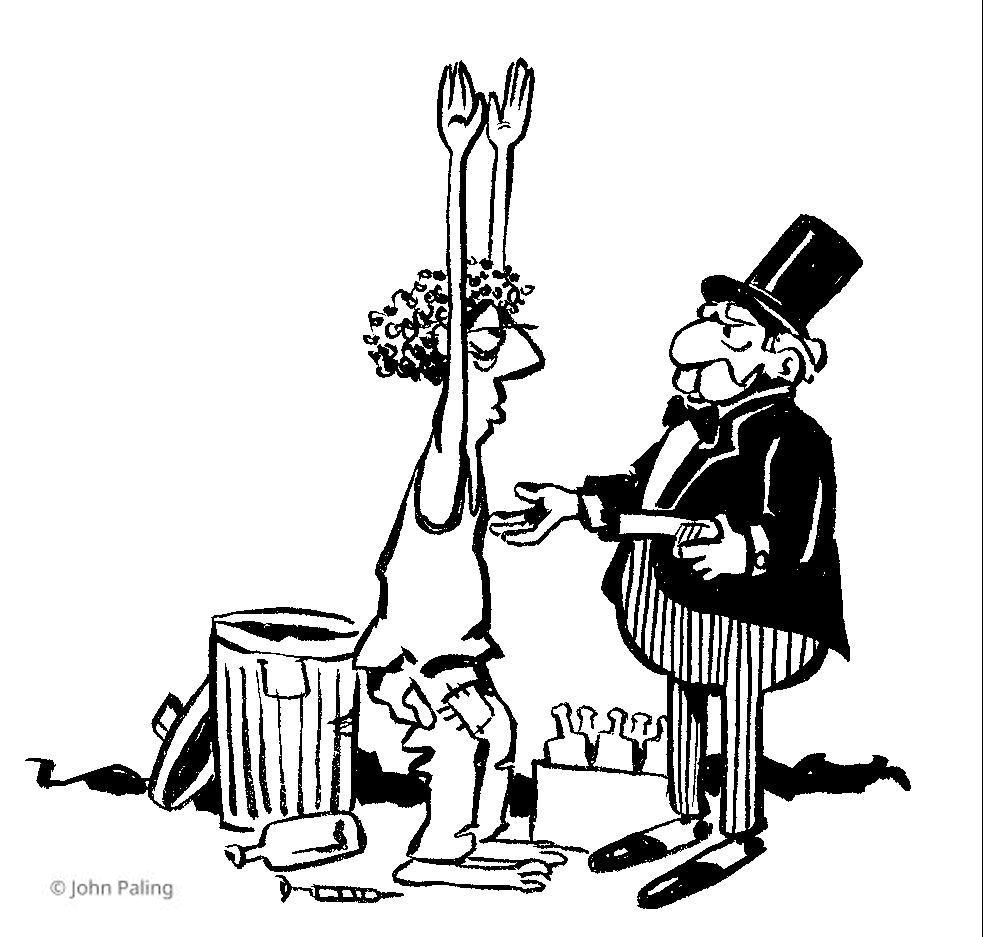Calling Out Behaviors That Contribute To Bad Reputations
Sadly, it seems as though with customer contact increasingly being carried out via electronic media, there is a temptation for companies to deal with clients in a sterile, impersonal and often, uncaring manner.
It is easy for organizations to feel that they can use their power and size to render them immune to treating at least some of their customers unkindly, or disrespectfully. When these situations come to our attention, a Reputational Risk Report will be used to invite the organizations to reconsider and, if appropriate, explain their behavior and hopefully to modify in favor of maintaining a good reputation.


